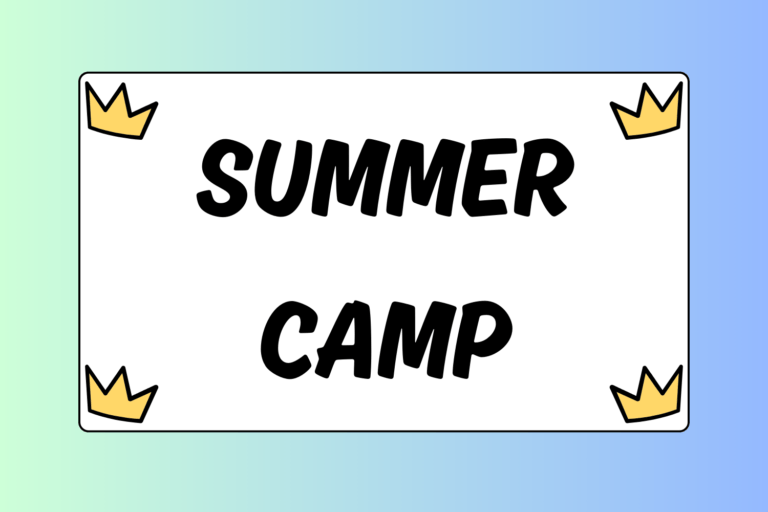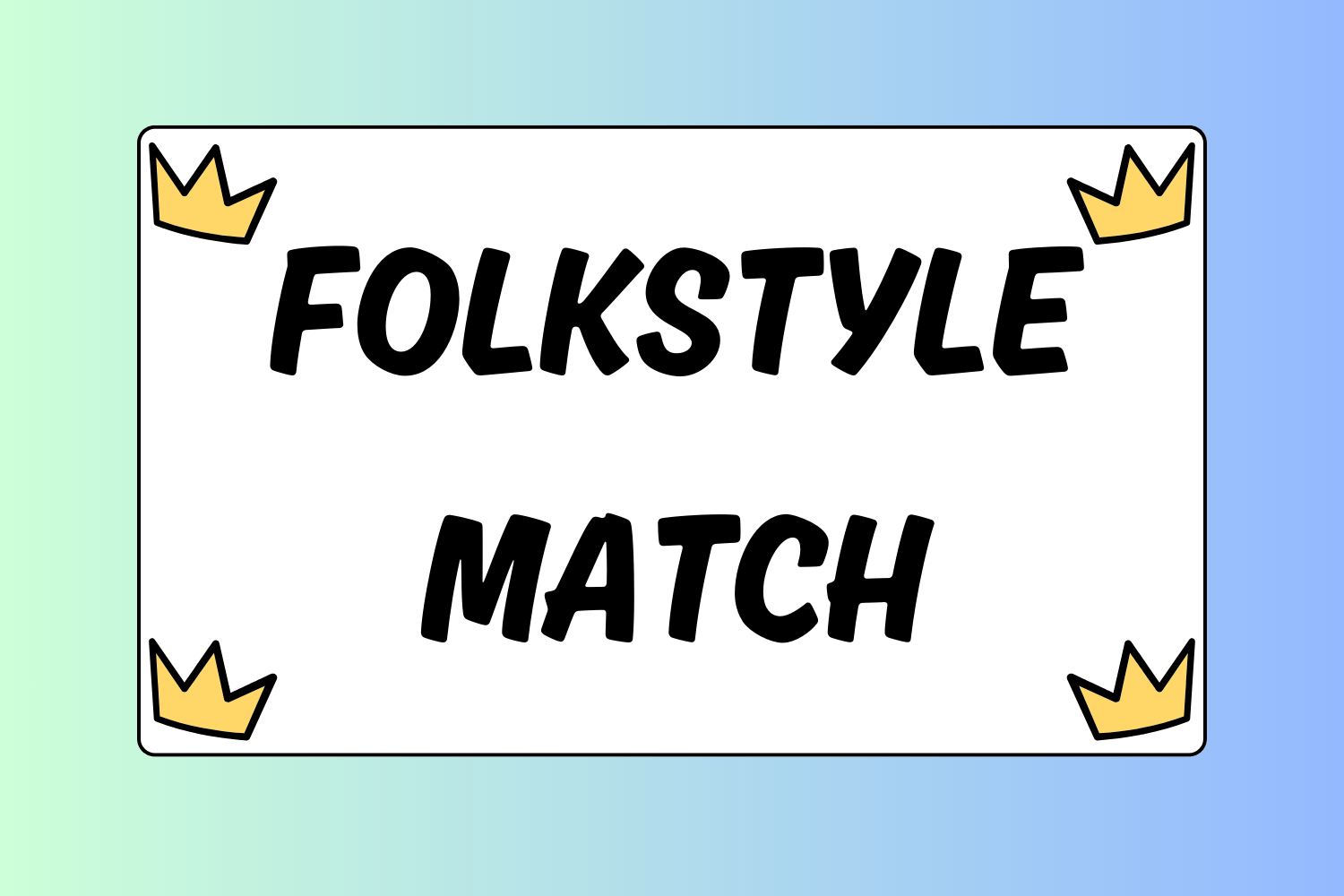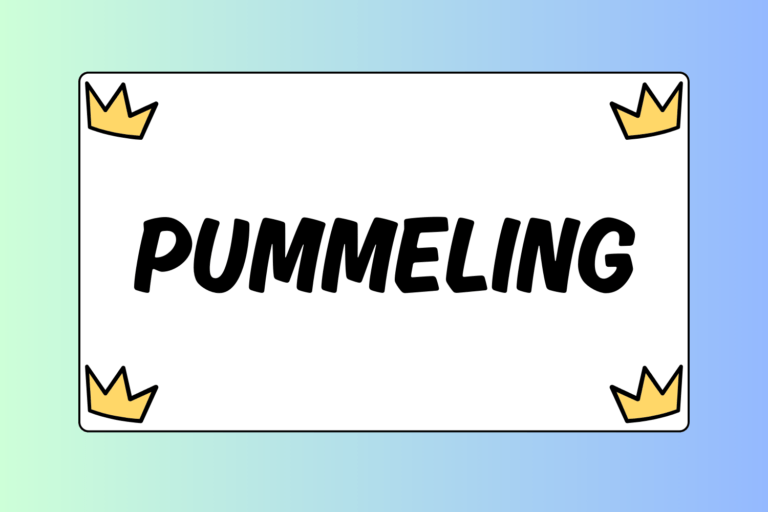There are many reasons you might need to get in touch with a coach — wrestler’s absences, general questions, or to address a legitimate issue concerning your wrestler. Whatever your concern may be, understand that some ways are better than others when talking to a coach.
This guide will provide you with info that will help you better communicate with your wrestler’s coach. Some of the points in this guide will address ways you can handle bringing up issues or concerns with a coach, and constructive ways of solving problems with them. In the long run, the tips in this guide should help you, your wrestler, and the coach.
Make Contact Early
A huge factor in establishing a positive relationship with your child’s coach is making contact early. The best time is when your child first joins a club or team. By talking to the coach early, you will show your support and commitment to your wrestler. This is a big deal to many wrestling coaches who commit much of their own time and effort. This is also a good time to ask any initial questions you may have about the coach, competitions, their team rules, etc. Expressing interest early will go a long way!
Don’t Coach!
Attempting to coach a team or individual wrestler is the best way to rub a coach the wrong way, regardless of your wrestling experience. You must understand that although your intentions may be good, all decisions pertaining to the team and wrestlers are the coach’s, not yours. This will have a negative effect on the coach, and also confuse the wrestlers. Trying to coach will make processing information and technique more difficult for the wrestlers.
No coach will fault you for trying to help a child get better. However, the coach knows best. Never tell a wrestler that his coach is wrong for teaching a certain technique or strategy — that is, unless it is physically harmful in some way. There will always be differences of opinion, and definitely differences in the technical aspects of wrestling. You need to have faith that your child’s coach is teaching them the aspects of the sport that will best help them succeed.
Volunteer Your Time
Managing a team is tough work; most coaches can’t do it alone. They rely on help from assistant coaches, team managers, and parents! Talk to your coach about what you can do to help the team. Even if you can only help out a little bit here and there, it will go a long way. They will understand that your time is valuable.
Providing transportation, helping to run a tournament, or simply showing up to a meet are all great ways to support your wrestler… and assist the coach as well! Talk to the coach about how you can help. This will certainly be appreciated.
Know When to Engage
Depending on when you choose to speak to a coach, you may get a different version of the person you know. Wrestling is an intense sport, and coaches invest much of themselves in their wrestler’s matches. Trying to snag your child’s coach as they are hurrying to help a wrestler is not ideal. If you need to talk to a coach, try to catch them when they have a free moment.
Also, don’t interrupt practice to speak with a coach. Talking to a coach after practice when wrestlers are filtering out of the room is a good time. Phone, e-mail, and even text messages are all convenient ways to contact a coach. Simply ask your child’s coach for the best time and manner in which to reach them. Most coaches will be more than happy to speak to you when they aren’t in a rush.
Know Who’s Boss
At the end of the day, it’s the coach’s team. Even if you don’t exactly agree with something, the coach has the final decision; whether you like it or not. Remember that coaches are hired because they’re more knowledgeable than the average wrestling fan.
Most coaches are in their position because they genuinely care about the well-being of their athletes. This being said, not every coach keeps their wrestler’s best interest in mind when making decisions. If there is a legitimate issue — typically concerning the health of a wrestler — you should address this.
When approached in a non-confrontational manner, most coaches will be reasonable and will listen to your concerns. Make sure not to come off aggressive, angry, or assuming authority that is not yours. Never interrupt a match or practice. Wait to voice your concerns until you are in private, and out of ear-shot from the wrestlers. Understand that anything you say or do may affect your wrestler. Make sure any concerns you address are serious and legitimate.
Do not go above your coach’s head (to an athletic director, principal, etc.) before you have addressed your concern with the coach. This will only complicate matters, and could blow problems out of proportion that could be otherwise easily solved. If you do decide to go above the coach, make this clear to him so there is no confusion about how matters need to be handled.
Let Your Wrestler Problem-Solve
Athletics can be a good way to prepare children for life as adults. Part of learning to deal with real-life situations is bringing up legitimate concerns in a constructive and respectful manner. Depending on the situation, you may want to encourage your child to talk to the coach themselves (while following the tips in this guide).
Some coaches may become defensive when dealing with a parent’s criticisms. Encouraging the child to problem-solve with the coach is a less confrontational way of reaching a resolution. Most coaches mean well, and are more open to suggestions from their wrestlers than anyone else.
This should typically be your first action. If your child needs a little backup, be there to help. Expressing concerns to a coach can be intimidating for some youngsters. Talk it through before your child decides to bring something up. Create a list of points to bring up with specific examples. Role-playing will go a long way, and will help your child feel more comfortable voicing themselves. By doing this you will be helping to establish positive life skills in your wrestler that will benefit him or her in the future.
Strong Bond for the Wrestlers
After reading this, you should have a good understanding of how to establish a positive relationship with your wrestler’s coach. Understanding that you both have the same goals is critical to your child’s development as a wrestler, and as a person. Strengthening the bond between the coach and you takes the right kind of positive communication as well, so be sure to consider these tips when working with your child’s coach. Everyone wants what’s best for the children. Keeping this mind will help both you and the coach support your wrestler, and grant them the most positive athletic experience possible!





